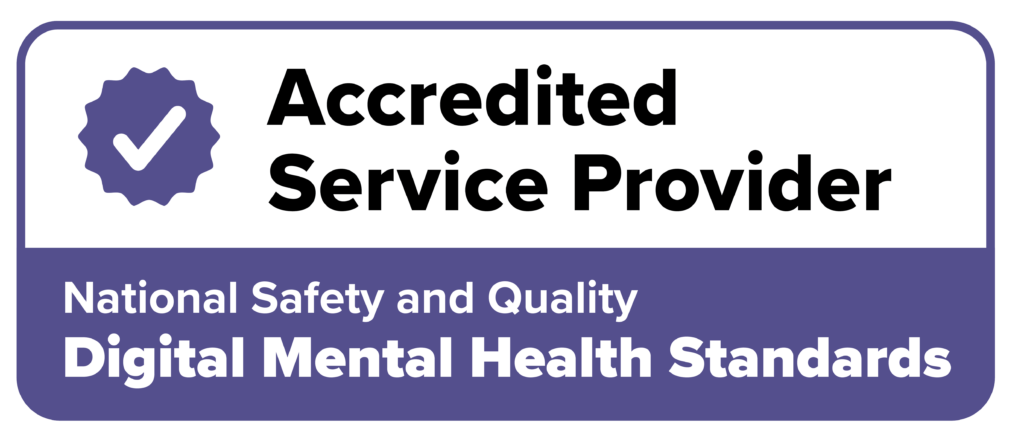Complex trauma usually occurs as a result of repeated trauma experienced by a child or young person, although it can also occur as a result of experiences as an adult. Some people experience trauma across their lives.
What is Complex Trauma?
As a child or young person:
When you are not protected or cared for as a child or young person, or are hurt or betrayed, it can affect you badly. Some people do not appear to be affected badly and may not be. Others might not recognise the effects of their trauma until much later. It is important to know that people can and do recover from even early trauma. It may not always seem like recovery is possible but holding onto the hope of recovery is very important. Sometimes other people can do this for you when you can’t do it for yourself.
Sometimes a parent or person caring for a child has their own trauma experiences, and they are still affecting them. These include having a mental illness, misusing drugs or alcohol, or being physically or emotionally unavailable. Often this is made worse because of a family’s situation such as not having enough money or being discriminated against. Many situations can cause complex trauma in childhood.
People who were emotionally, physically or sexually abused or physically or emotionally neglected, bullied, cyberbullied, exploited, trafficked or subjected to forced adoption practices as a child or young person often experience complex trauma. So can people who experienced or witnessed violence in the community or in the home and family when they were growing up. Being culturally dislocated such as occurs with young refugees or asylum seekers and many of our own First Nations children and young people, as well as being discriminated against such as often occurs for children and young people with disability, those from the LGBTIQ+ community and from multicultural communities are other causes. There are lot of possible ways in which children and young people can experience repeated trauma.
As an adult:
Complex trauma is not always the result of childhood trauma. It can also occur as a result of adults’ experience of violence in the home, family, neighbourhood and workplace. It can be physical, sexual, emotional, verbal, financial or spiritual. Other causes are violence in the community such as civil unrest, war trauma or genocide, refugee and asylum seeker trauma, sexual exploitation and trafficking, extreme medical trauma and repeated deployments such as for emergency personnel, armed forces. Often people who have experienced trauma experience repeated trauma when seeking help. This is called re-traumatisation, and is often not intention. Being trauma-informed can reduce the possibility of re-traumatisation.

Complex trauma:
- usually occurs between people
- can occur when you experience repeated trauma as a child, young person or adult
- often involves ‘being or feeling’ trapped
- is often planned, extreme, ongoing and/or repeated
- often has impacts which can last a long time
- can cause you to feel ashamed
- can stop you feeling safe and being able to trust
- can make you feel bad about yourself
- can make it hard for you to manage your feelings
- can mean that you use different coping strategies such as alcohol and drugs, self-harm, over- or under-eating or over-working
- can affect your physical and mental health and your wellbeing
- can affect your relationships and your ability to manage your daily life
What is the difference between complex trauma and the trauma from a one-off incident?
We call trauma which happens with one off events: single incident trauma. Single incident trauma is often associated with Post Traumatic Stress Disorder (PTSD). People can experience single incident trauma from a bushfire, flood, sexual or physical assault in adulthood, or from fighting in a war. While people with experiences of complex trauma may also experience PTSD, complex trauma often causes greater impacts than those of PTSD alone.
Can you recover (heal) from complex trauma?
People can and do recover from complex trauma and its effects. And the good news is that it is never too late. We know this from the research, and we also know this because survivors’ stories tell us this too. This does not mean that it is easy or that we can simply dismiss people’s trauma experiences. But it does mean that there is hope for healing and recovery.
Research also shows us that when parents have worked through their trauma their children do better too. Part of the recovery process includes acknowledging the strength and resilience every survivor has shown in surviving. This can be hard for survivors to do themselves, but it is true. Survivors often have many strengths but can find it hard to recognise them and build on them. Trauma-informed approaches are strengths-based and can help. It is also important to hold a sense of hope and optimism that life can and often does get better.

What about diagnoses?
The issue of diagnosis for people with complex trauma experiences is challenging. Many people are given many diagnoses. This is because our medical system works with using diagnosis, and even though the concept of complex trauma has been around for a long term, the DSM (US manual of mental health disorders) and the ICD (global classification of mental health disorders) has not included it before. This is about to change.
The diagnosis of Complex Post Traumatic Stress Disorder (Complex PTSD) will be included in the upcoming ICD 11 in 2022. While this diagnosis does not fully describe complex trauma, this is an important step as the treatment of complex PTSD is very different to that of PTSD alone.
What supports recovery from complex trauma?
There are lots of ways people heal from complex trauma but it can be hard to heal in isolation. Yet it is also very hard for people who have been betrayed to trust other people, or to feel safe with them. This can take time and it is important to be patient. We do know that just as people are harmed in relationship people also recover in relationship. This can be with family, friends, fellow survivors, in counselling or in a group, or a combination of these. Friends and family who you trust and with whom you feel safe can really support you on your journey of recovery. Peer support (from other survivors) can be very helpful. Peers can use their own experiences to help you feel safe and build on your strengths too.
Each survivor is an individual with a unique history. Survivors have different needs and wants. There are many different supports and approaches people find helpful, beyond what is included here. Many survivors read a lot to help them understand themselves better and find self-help resources to be of great benefit. While they have a lot to offer, it is best to try and ensure that they are informed and reputable as well.
In choosing to see a counsellor there are a few things which might help. In counselling it is the bond which develops between a client and their therapist, and building a relationship of trust which is critical. It is also important for therapy to be what is called `bottom up’ as well as `top down’. This means an approach which includes the body, the emotions and the cognitive (mind). This is important because complex trauma disrupts the connections between these different functions. The aim of therapy is to foster connections between them and to re-integrate (reconnect) emotions, sensations, awareness and thoughts. Body-based approaches such as trauma-informed yoga and mindfulness can help the body and mind reconnect.
We hope this information has been useful. There is a lot more information in this section and on this site to help you on your journey. This includes fact sheets, videos, newsletters and a range of publications.






